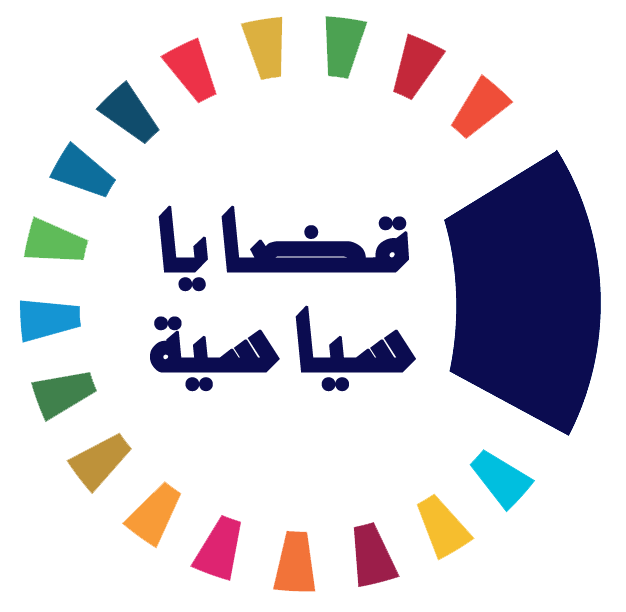Aid, Securitization, and Defense Agreements “Securitization is not something that the West has done to Africa, but rather a set of policy imperatives that some African governments have actively pursued. African governments are thus not victims of securiti
DOI:
https://doi.org/10.58298/2022103الكلمات المفتاحية:
Securitization، Defense Agreements، policy imperatives، African governmentsالملخص
What makes African nations reach out to make pacts with their neighbors and the international community, or to militarize? Fisher and Anderson (2015) claim that African governments readily embrace militarization after internal strife and civil wars and that after 9/11, security agreements with the United States re-enforce this already occurring ‘illiberal’ state building phenomena in Africa; encouraging military security regimes. The cause de jour of this predicament from the US side being fear of terrorist elements spreading across the African continent from Asia and the Middle East all the way to Europe and the United States.[1] A nascent study by Le Van (2010) implies that countries in Africa receiving higher aid packages from the U.S. might be more likely to react positively to the presence of the United States Africa Command (AFRICOM)—the US’s newest theater command—and to be more likely to cooperate in international agreements on security and trade.[2]

التنزيلات
منشور
إصدار
القسم
الرخصة
هذه هي مقالـــــة منشـــــــــورة بنمط الوصـــــول الحـــــــر ومـــــــوزعة تحــــــت شــــــروط ترخيص المشاع الابداعي نسب المصنف (CC BY) 4.0 دولي التي تسمح بالاستخدام غير المقيد، التوزيع، واعادة الانتاج في أي وسيط أو صيغة، والتحوير أو البناء على المادة، بما في ذلك للأغراض التجارية، شريطة أن يتم نسب العمل للمؤلف الأصلي.



